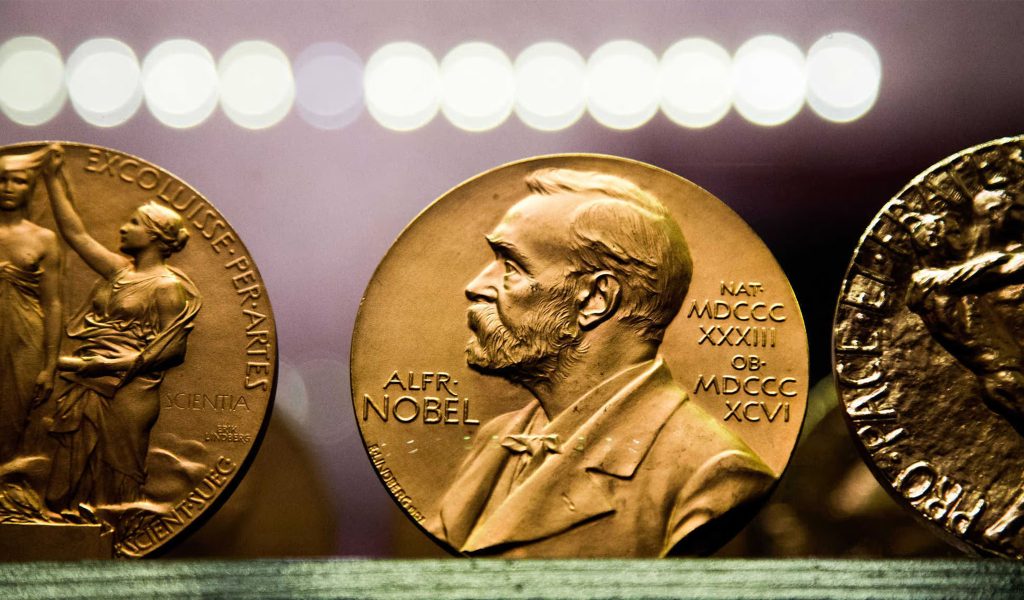“One of the poorest pockets of Asia supplies a primary ingredient for the economy in one of the richest.” Those are the words of New York Times NYT +1.3% reporters Bhadra Sharma and Alex Travelli in an article they filed from Puwamajhuwa, a sadly impoverished locale in eastern Nepal.
It turns out the Japanese love the look and feel of their yen notes, and the bark from the argeli shrub in Puwamajhuwa 2,860 miles away is what makes the notes possible. Sharma and Travelli’s story made the front page of the Times, but it has economic meaning well beyond A1.
First is that everything produced is a consequence of production and materials from all over. Even the paper that the Japanese circulate as money is a consequence of global production, which is a reminder that as opposed to us being taken advantage of, imports give essential life to all that we enjoy and produce.
With imports well in mind, consider the popular notion old as money that devaluation of the monetary note confers low prices on the devaluing country’s goods outside the devaluing country. No, it doesn’t.





